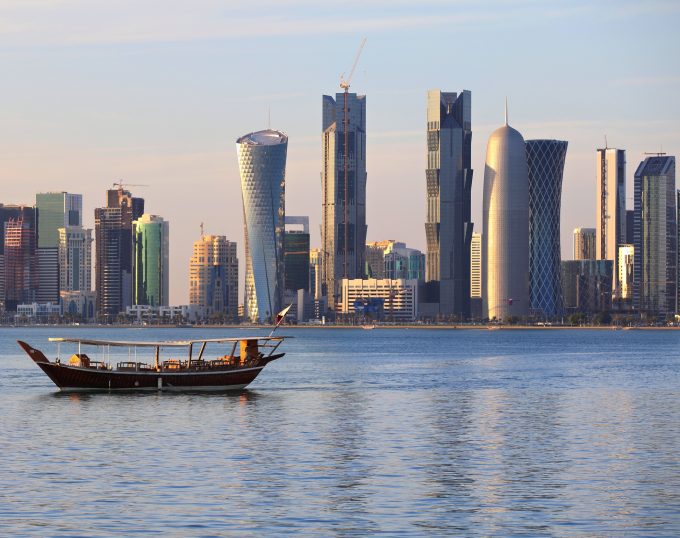Top box lines locked out of Santos bid as Maersk loses appeal
Maersk’s appeal to Brazil’s judiciary that it ought to be allowed to bid for port ...

As Qatar battles major boycotts, Oman’s ports of Sohar and Salalah are set to handle its regional sea trade, while airlines, including Iran Air, are carrying large quantities of food imports.
Since last week, when seven countries cut ties to Qatar, carriers have been working out new ...


Comment on this article